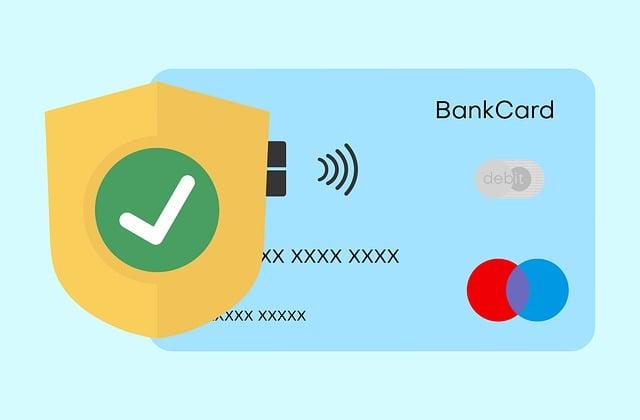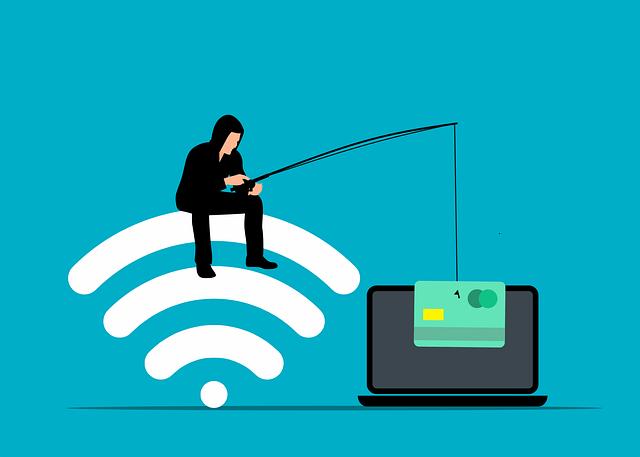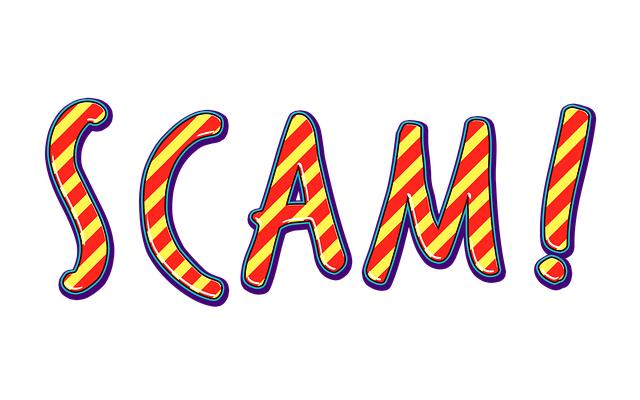- Introduction
- Common Gift Card Scams
- How Scammers Operate
- Signs of a Scam
- Protecting Yourself from Gift Card Scams
- Conclusion
- FAQs
Unmasking the Gift Card Scams of 2024: How to Protect Yourself from Common Frauds
As digital currencies evolve, so do the methods employed by scammers. Gift cards, which were once viewed as tech-savvy presents, have become hotbeds for fraudulent activities. In this article, we will cover common gift card scams of 2024, how scammers operate, signs that may indicate a scam, and most importantly, strategies to protect yourself from becoming a victim.
Common Gift Card Scams

(Image: Pixabay/@kreatikar)
Gift card scams have proliferated over the years, particularly as most people turn to digital purchasing methods. Scammers have devised various tactics to exploit unsuspecting individuals, one of the most prevalent being fake tech support scams. In these scenarios, victims receive calls or messages claiming to be from a reputable tech company, insisting they must purchase gift cards to pay for a fix to their malware issues. Often, victims are manipulated into believing the issue is urgent, leading them to comply without thinking twice.
Another widely reported scam involves impersonation of government agencies. Perpetrators contact individuals pretending to be from tax authorities or social security offices. They threaten legal action if the victim does not pay taxes or fees immediately utilizing gift cards. Such tactics leverage fear and urgency, making it easier for scammers to achieve their goals.
Then we have romance scams that typically flourish on dating platforms. Victims often build emotional connections with scammers over weeks or months, only to face a sudden financial "crisis" requested to be resolved via gift cards. The emotional manipulation makes these scams especially insidious—targeting not just finances, but also trust.
Finally, phishing scams via emails promising substantial returns or rewards prompt users to provide gift card information. Often referred to as "fake lottery" scams, these predicaments allure individuals with the promise of free money or new opportunities, coaxing them into giving away valuable details.
How Scammers Operate

(Image: Pixabay/@pxby666)
Understanding how scammers operate is crucial for self-protection. Many scammers utilize networking and technological strategies designed to reach large audiences while maintaining anonymity. Social engineering plays a pivotal role here. Attackers are adept at exploiting trust, fear, or even social norms to gain compliance quickly.
For instance, they may reference well-known brands or recognizable logos to appear legitimate. Some even use caller ID spoofing to manipulate it to look like an authentic call is coming from a trusted entity. By creating panic or a sense of urgency, they push potential victims to act swiftly, bypassing logical thought processes.
Moreover, the internet has catalyzed the rise of social media-related scams. Scammers often hijack accounts of influential personalities or brands, sharing misleading information about giveaways that require gift card purchases to enter. The intertwining of deception and allure proves effective in drawing victims in.
Most disturbing is the consistency of these scams—they adapt and evolve, always finding new loopholes in technology and psychology. This ceaseless evolution necessitates education and vigilance from consumers attempting to navigate modern fraud landscapes.
Signs of a Scam

(Image: Pixabay/@Mohamed_hassan)
The ability to recognize the signs of a scam can be life-saving. Firstly, if someone requests payment via gift cards, it's usually a red flag; legitimate businesses seldom require such methods for payment. If you’re receiving pressure to take immediate action—such as buying gift cards or revealing codes—this is another warning sign you cannot afford to ignore.
Additionally, unverifiable claims made during conversations should trigger alarm bells. Scammers often fabricate stories or make promises that don’t check out upon further inquiry. You might hear phrases like “This is confidential” or “You can’t tell anyone,” which are tactics meant to isolate victims from seeking advice.
If the communication appears unprofessional—vague language, poor grammar, or misspellings—it's indicative of a scam. Legitimate services invest heavily in their credibility and presenting a polished image. An email from a government agency with typos or unusual phrasing should set off alarms promptly.
Furthermore, if the person initiating the conversation is unwilling to provide verifiable identities or credible contact information, walk away. Legitimate entities establish clear channels for communication. It’s essential that anything that hints at desperation or solely points towards providing funds becomes suspect.
Protecting Yourself from Gift Card Scams

(Image: Pixabay/@TheDigitalArtist)
Prevention is always better than cure when it comes to scams. Start by educating yourself and everyone in your circle about the telling signs of scams. Ensure that you understand that legitimate organizations never ask for payments through gift cards. Facilitate an open dialogue—not only amongst family and friends but within wider community groups. Empower others with knowledge about these scams.
If you ever receive a suspicious request, take time to research. Before acting, cross-check any claims made and seek confirmations from trusted sources. This could mean calling official numbers of companies or agencies rather than trusting that displayed on the caller ID. Additionally, learning about reporting mechanisms in your local area can help if you do fall victim to a scam.
It’s also wise to amplify password security around online accounts. Regular, complex password updates can deter unauthorized access to financial platforms. Consider two-factor authentication whenever feasible to add layers of protection. Additionally, avoid clicking on unknown links sent via emails or texts; install anti-virus software that alerts you to dubious sites or links.
Lastly, remain vigilant in monitoring finances. Review bank statements and accounts regularly. Early detection of unauthorized transactions limits damage and quickly directs authorities where they need to act. Ultimately, staying proactive encourages a culture of safety and diligence.
Conclusion
In conclusion, gift card scams have reached alarming proportions in 2024, threatening the financial security and peace of mind of countless individuals. Understanding the common scams and identifying their operational mechanisms are vital steps towards safeguarding your assets. By recognizing signs of fraud and implementing preventive measures, anyone can empower themselves against these increasingly sophisticated schemes. Knowledge truly is power in the fight against scams.
FAQs
What should I do if I've given my gift card information to a scammer?
If you realize you’ve provided gift card details to a scammer, contact the retailer or platform that issued the card immediately. They may be able to take action to salvage your funds. Additionally, report the incident to local consumer protection agencies and file a report with the Federal Trade Commission (FTC).
Are all gift card transactions scams?
No, not all gift card transactions are scams. Many legitimate businesses utilize gift cards as part of their operations. The key is to remain conscious of the context of the request and watch for red flags.
How can I educate others about gift card scams?
Initiate discussions within communities, schools, and organizations. Share information through emails, blogs, workshops, and social media, highlighting common scams and protective measures to mitigate risks.
Can gift cards be traced?
What are some legitimate uses for gift cards?
Gift cards are often used for personal gifting, promotions, or sales at various retailers. Besides, many companies reward employees with gift cards for performance as a form of bonus or incentive.

